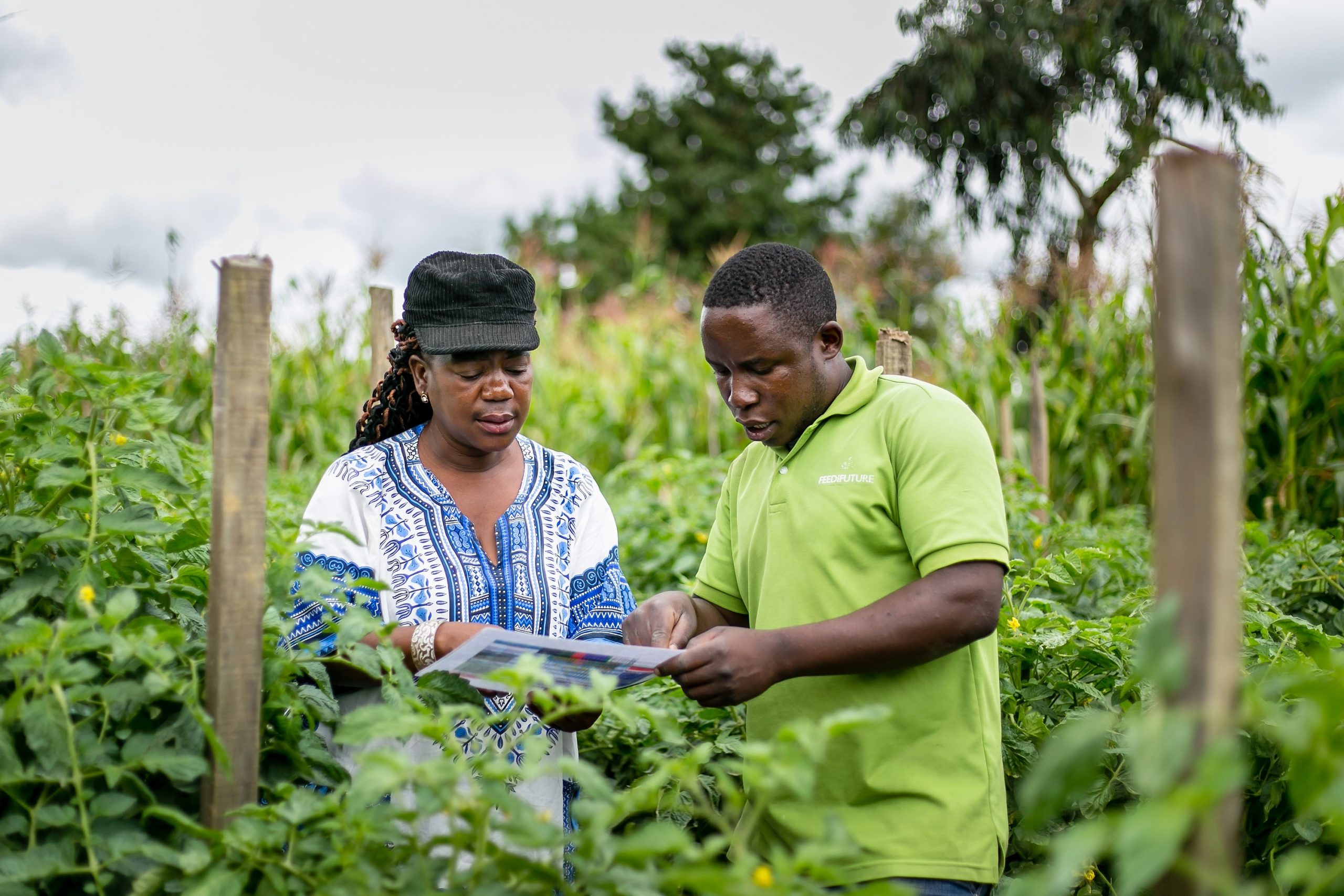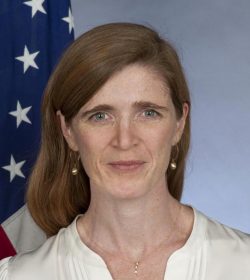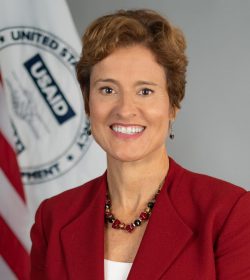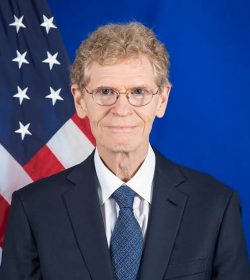
About
Ending global hunger is one the greatest challenges and opportunities of our time. Feed the Future is working to solve it through partnerships and innovation. Our model was born from an understanding that business as usual was not going to create the sustainable, long-term change needed to end chronic hunger and poverty. So, we forged a new approach.
Our Mission
Feed the Future brings together partners from across various sectors and the U.S. Government to use each of our unique skills and insights in a targeted, coordinated way to help countries that are ripe for transformation change the way their food systems work.
As the U.S. Government’s global hunger and food security initiative, Feed the Future works to give families and communities in some of the world’s poorest countries the freedom and opportunity to lift themselves out of food insecurity and malnutrition. By equipping people with the knowledge and tools they need to feed themselves, we are addressing the root causes of poverty and hunger, helping people end their reliance on aid, and creating important opportunities for a new generation of young people—all while building a more stable world.

Feed the Future puts the whole-of-government into practice
Led by the U.S. Agency for International Development, Feed the Future draws on the agricultural, trade, investment, development and policy resources and expertise of multiple U.S. federal departments and agencies to support its mission.
Our Purpose
Feed the Future invests in countries that are committed to improving their own food security and nutrition. Our selection is based on:
- Level of need
- Opportunities for regional efficiencies
- Potential for our programs to spur growth
- Host government commitment
- Opportunities for partnership
- Resource availability
The U.S. Government also coordinates activities and support across a set of aligned countries and at the regional level in Asia, Central America, and East, Southern and West Africa to improve food security and nutrition through Feed the Future.

Where do we work?
We currently focus our efforts in 20 target countries in Africa, Asia and Latin America and the Caribbean.
Our Strategy
We help our partner countries to accomplish the following:
- Improve agricultural production and markets and create new opportunities for security and prosperity
- Strengthen the resilience of communities to shocks that can lead to famine and political unrest
- A well-nourished population, especially among women and children

Country Ownership
We believe the best development solutions are the ones that continuously empower others to get in the game and carry the work forward. Feed the Future helps partner country governments create better policy and organization for food security and nutrition to ultimately help them move from vulnerability to self-reliance.

Private Sector Partnerships
Lasting change requires progress driven by private sector investment, a healthy business environment, and strong market systems. Feed the Future works closely with the private sector to foster economic growth and establish well-functioning, connected markets.

Research & Innovation
Research in agriculture is one of the most effective of all investments at reducing poverty, hunger and malnutrition. Feed the Future invests in research and develops innovation that are critical to the future of agriculture in developing countries, as well as America, through a network of U.S. universities and international and national research centers.

Resilience for the Future
To guarantee lasting food security for future generations and reduce the need for costly humanitarian aid in the future, Feed the Future bridges the gap between humanitarian and development efforts by helping vulnerable communities and regions build resilience to complex risks, including addressing the root causes of recurrent food crises.
For more information, please read the U.S. Government’s Global Food Security Strategy.

Our Partners
Featured Resources
Leadership

Samantha Power
USAID Administrator & Global Coordinator for Feed the Future


Dina Esposito
Assistant to the Administrator for the Bureau for Resilience and Food Security & Feed the Future Deputy Coordinator for Development.
Feed the Future’s deputy coordinator for development at USAID drives the interagency process, ensuring relevant U.S. Government agencies and departments are engaged in formulating policies, strategies and monitoring criteria for Feed the Future.


Dr. Cary Fowler
Special Envoy for Global Food Security, Feed the Future Deputy Coordinator for Diplomacy, Office of Global Food Security, U.S. Department of State.
The Office of Global Food Security leads diplomatic engagement and coordinates U.S. policy on food systems, food security, and nutrition in bilateral, multilateral, and regional fora.
